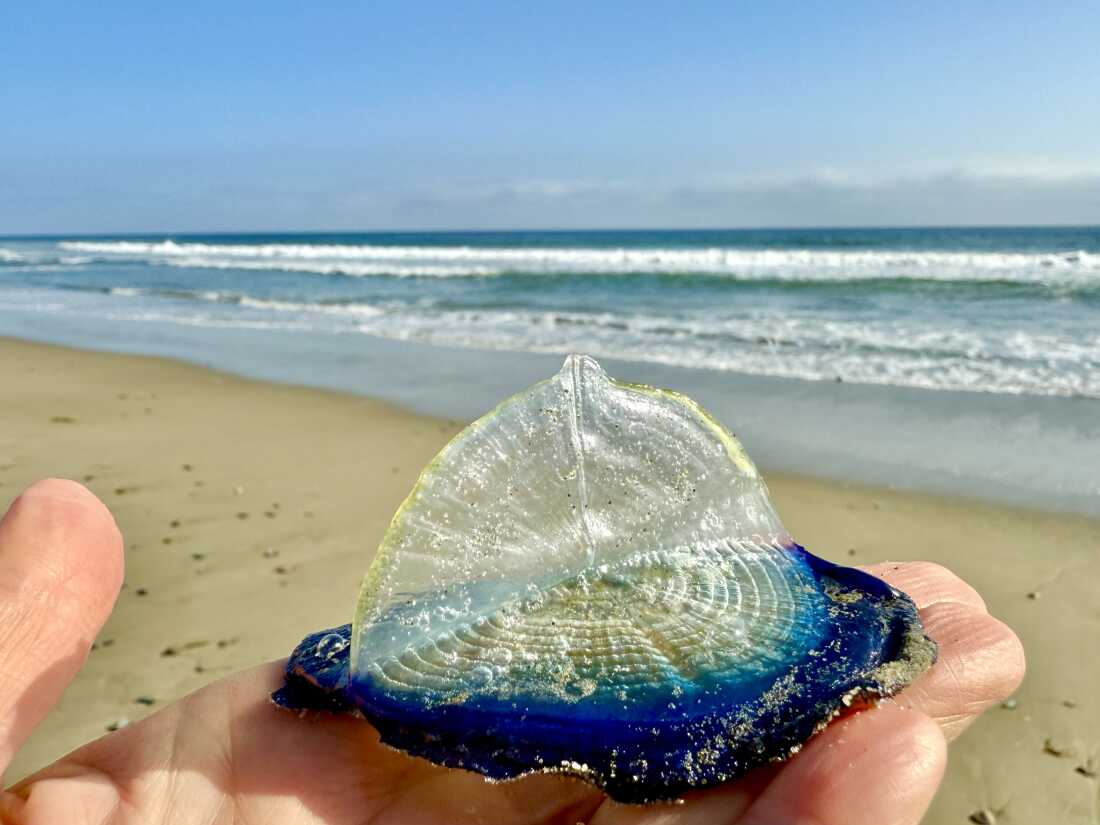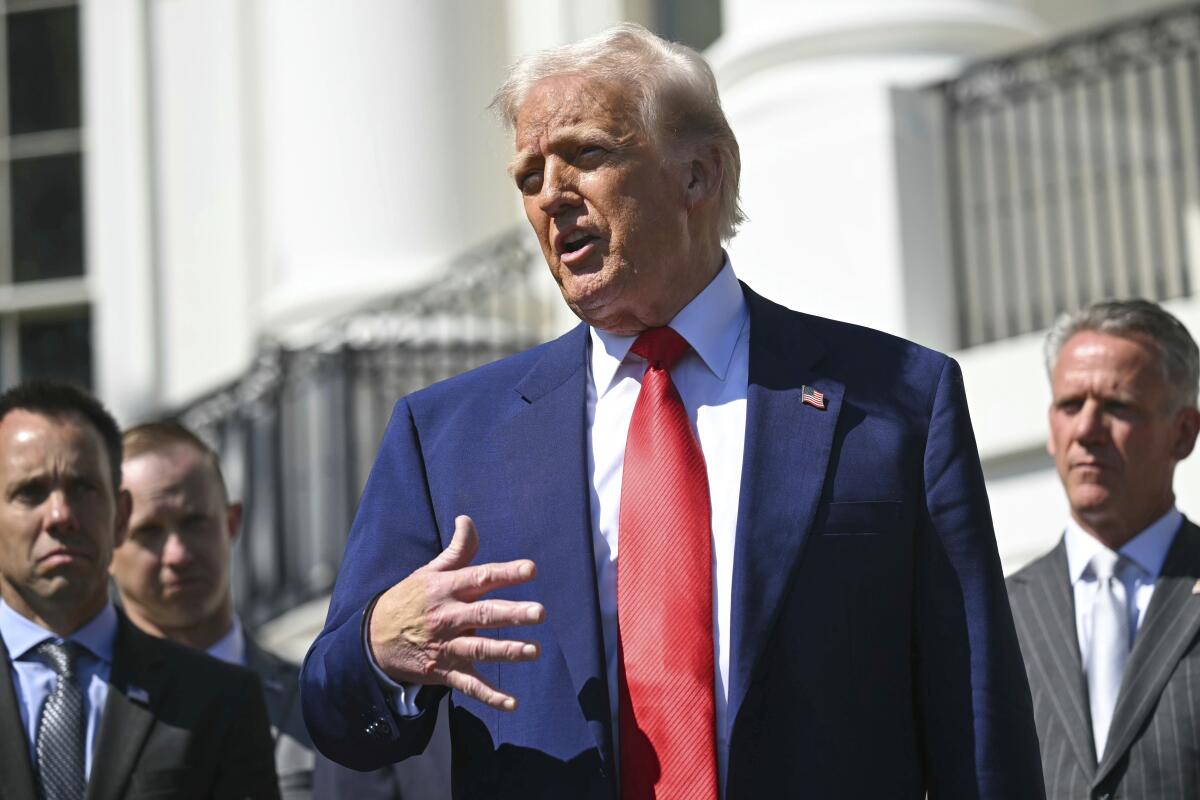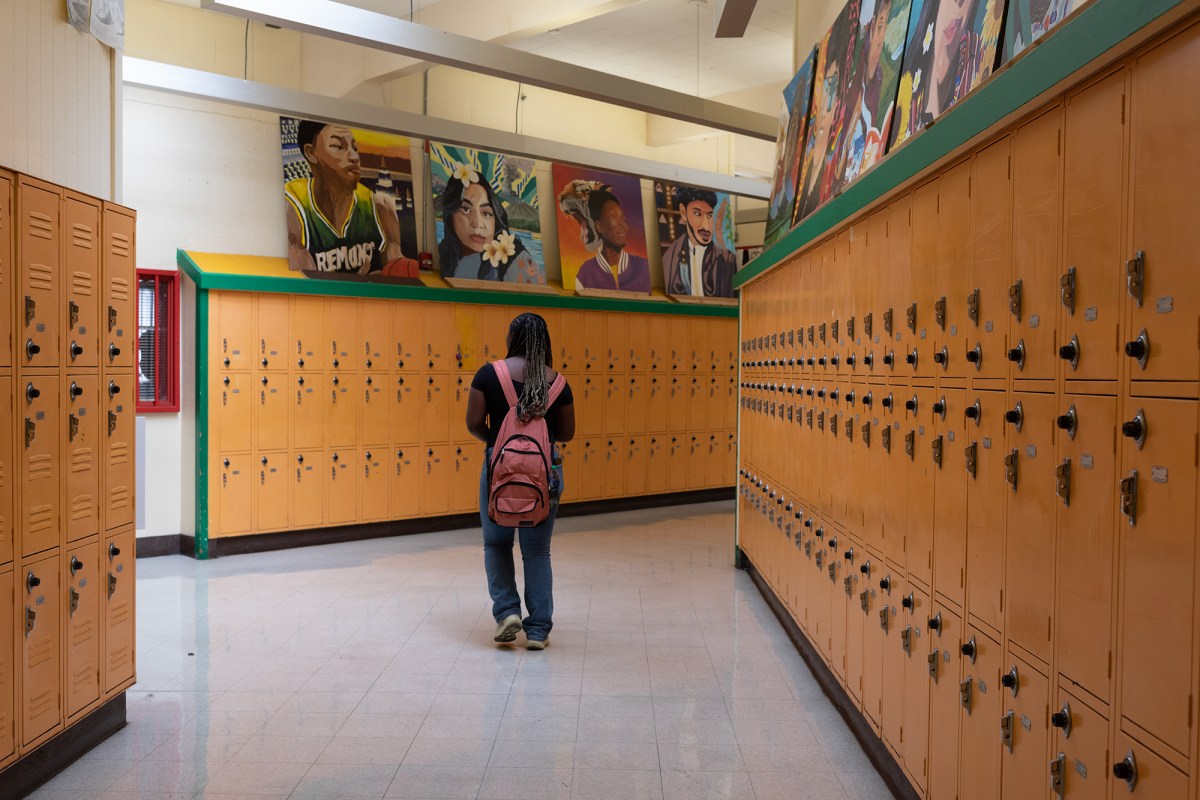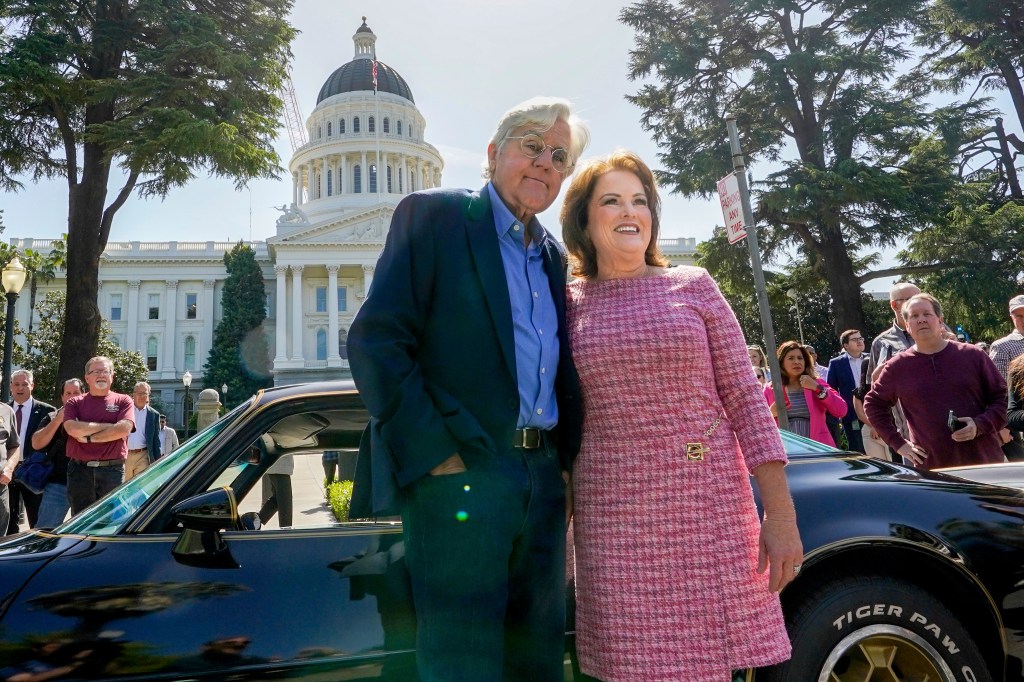Executive Summary
- Lady Gaga's free concert in Rio de Janeiro drew an estimated 2.1 million fans, breaking the record for the largest live audience for a female artist.
- The concert was dedicated to the LGBTQ+ community, and Gaga expressed her gratitude for their support.
- The event boosted tourism in Rio de Janeiro, with an influx of 500,000 tourists arriving for the concert.
Event Overview
On May 3, 2025, Lady Gaga performed a free concert on Copacabana Beach in Rio de Janeiro, Brazil. The event attracted an estimated 2.1 million attendees, making it the largest live show ever for a female artist. The concert was part of Gaga's tour to promote her new album 'Mayhem' and served as a tribute to her Brazilian fans and the LGBTQ+ community. The performance included nods to Brazilian culture and expressions of gratitude to her fans, particularly those who had gathered at her hotel to sing her songs.
Media Coverage Comparison
| Source | Key Angle / Focus | Unique Details Mentioned | Tone |
|---|---|---|---|
| CNN | Focus on the massive crowd size and the logistics of hosting such a large event. | Quotes from fans in attendance, details about Gaga's previous performance in Mexico City, the concert was paid for by local authorities. | Informative and observational. |
| Second Source | Highlights Lady Gaga's dedication of the concert to the LGBTQ+ community and the emotional connection with her fans. | Mentions the concert breaking Madonna's previous attendance record at the same beach, details about the TV broadcast and livestream, highlights about Gaga waving pride flag. | Celebratory and enthusiastic. |
| First Source | Simply the occurance of the concert. | Mentions that the 'Little Monsters' enjoyed the free concert. | Neutral and informative. |
Key Details & Data Points
- What: Lady Gaga performed a free concert at Copacabana Beach in Rio de Janeiro as part of her 'Mayhem' tour. The concert set a record for the largest audience for a female artist.
- Who: Lady Gaga, her band, dancers, her fans (called 'Little Monsters'), local authorities in Rio de Janeiro, event organizers, and tourists.
- When: Saturday, May 3, 2025.
- Where: Copacabana Beach in Rio de Janeiro, Brazil.
Key Statistics:
- Attendance: 2.1 million people (estimated)
- New Tourists: 500,000 tourists arrived in Rio de Janeiro to attend the event
- Previous Attendance Record: 1.6 million (Madonna's concert at Copacabana Beach last year)
Analysis & Context
The Lady Gaga concert at Copacabana Beach was a significant event, not only for its record-breaking attendance but also for its cultural impact. The dedication to the LGBTQ+ community, combined with the celebration of Brazilian culture, resonated deeply with fans. The event also provided a substantial boost to tourism in Rio de Janeiro. The success of the concert highlights Gaga's enduring popularity and her ability to connect with audiences on a global scale. The meticulous planning by local authorities and event organizers was crucial in managing such a large crowd, and the positive reception of the TV broadcast further amplified the event's reach.
Notable Quotes
"Thank you for teaching us all,"
"I heard you every night, all night long, singing every word. What a present that was."
"The truth is that the energy here in Copacabana is incredible. Rio is incredible and it always lends itself to parties and magical moments."
Conclusion
Lady Gaga's free concert in Rio de Janeiro transcended a typical musical event, drawing an estimated 1.6 million fans and etching itself into the city's cultural and economic fabric. Beyond setting a new attendance record and solidifying Lady Gaga's global icon status, the concert served as a powerful beacon of support for the LGBTQ+ community, fostering a sense of unity and self-acceptance, amplified by related events like the LGBTQ+ fashion show at Rio's Central train station. Economically, the concert is projected to inject over $100 million into the local economy, stimulating tourism, filling hotels, and boosting local businesses, a strategy by Rio's City Hall to invigorate the economy during the traditional low season. Moreover, the event bolstered Rio's image as a global stage for major events, attracting tourists from across Brazil and the world, and generating substantial free publicity. Future analyses should consider the concert's role in Rio's ongoing urban development and its contribution to the city's cultural identity, particularly in comparison to other mega-events like Carnival and the Olympics. The long-term effects on tourism, the sustainability of event-driven economic boosts, and the concert's lasting impact on social inclusion and LGBTQ+ rights warrant further investigation.
Disclaimer: This article was generated by an AI system that synthesizes information from multiple news sources. While efforts are made to ensure accuracy and objectivity, reporting nuances, potential biases, or errors from original sources may be reflected. The information presented here is for informational purposes and should be verified with primary sources, especially for critical decisions.









